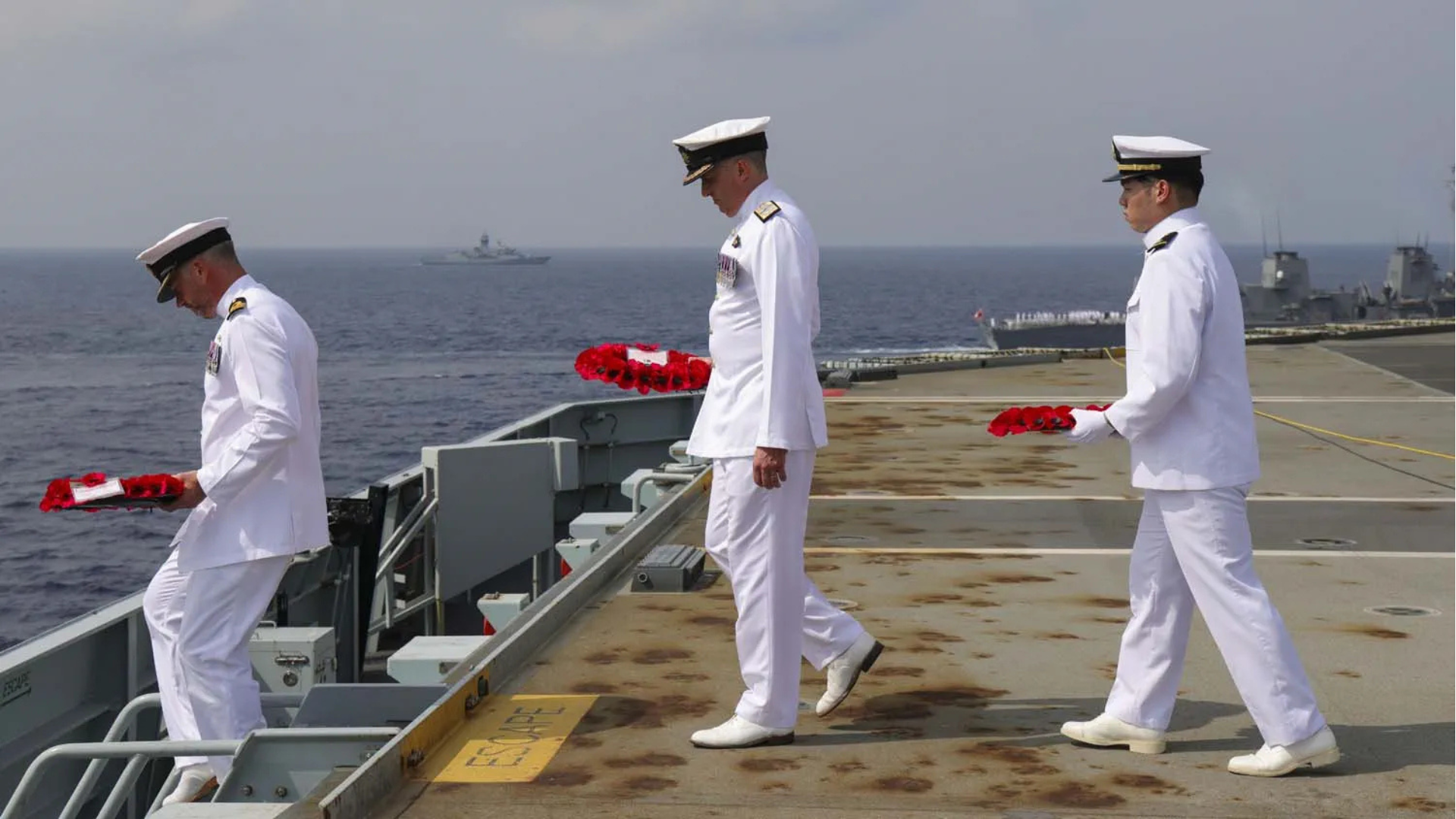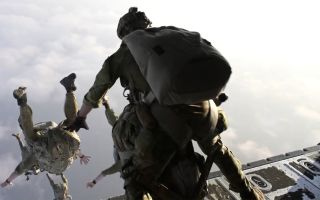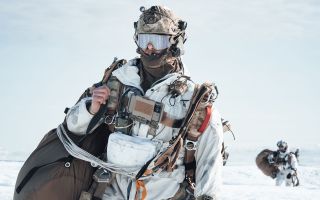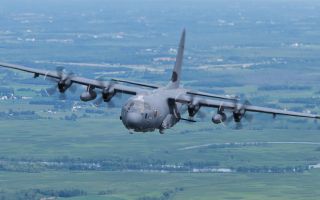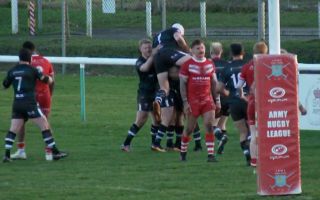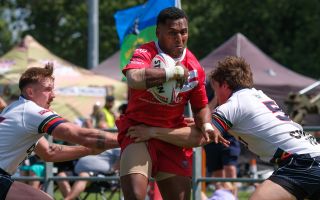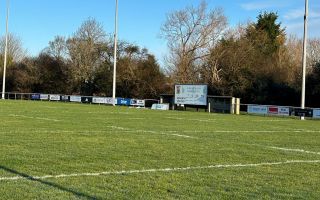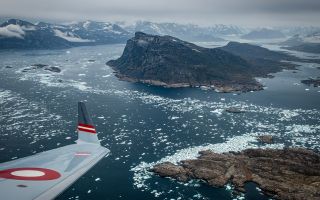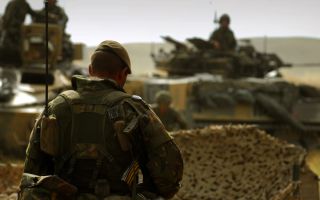After fuelling for the fight, allies show off their military might in skies over Malaysia
Royal Australian Air Force F-35As working alongside an RAF A400M, British F-35Bs being refuelled mid-air and an Atlas loadmaster surveying the Malaysian jungle were just a few of the elements that took place on Exercise Bersama Lima 25.
Bersama Lima 25, which has just drawn to a close, was the largest of a series of annual exercises delivered by the nations of the Five Powers Defence Arrangements, these being the UK, Australia, Malaysia, New Zealand and Singapore.
It also made up one of the main elements of Operation Highmast – the eight-month Carrier Strike Group 25 deployment to the Indo-Pacific.
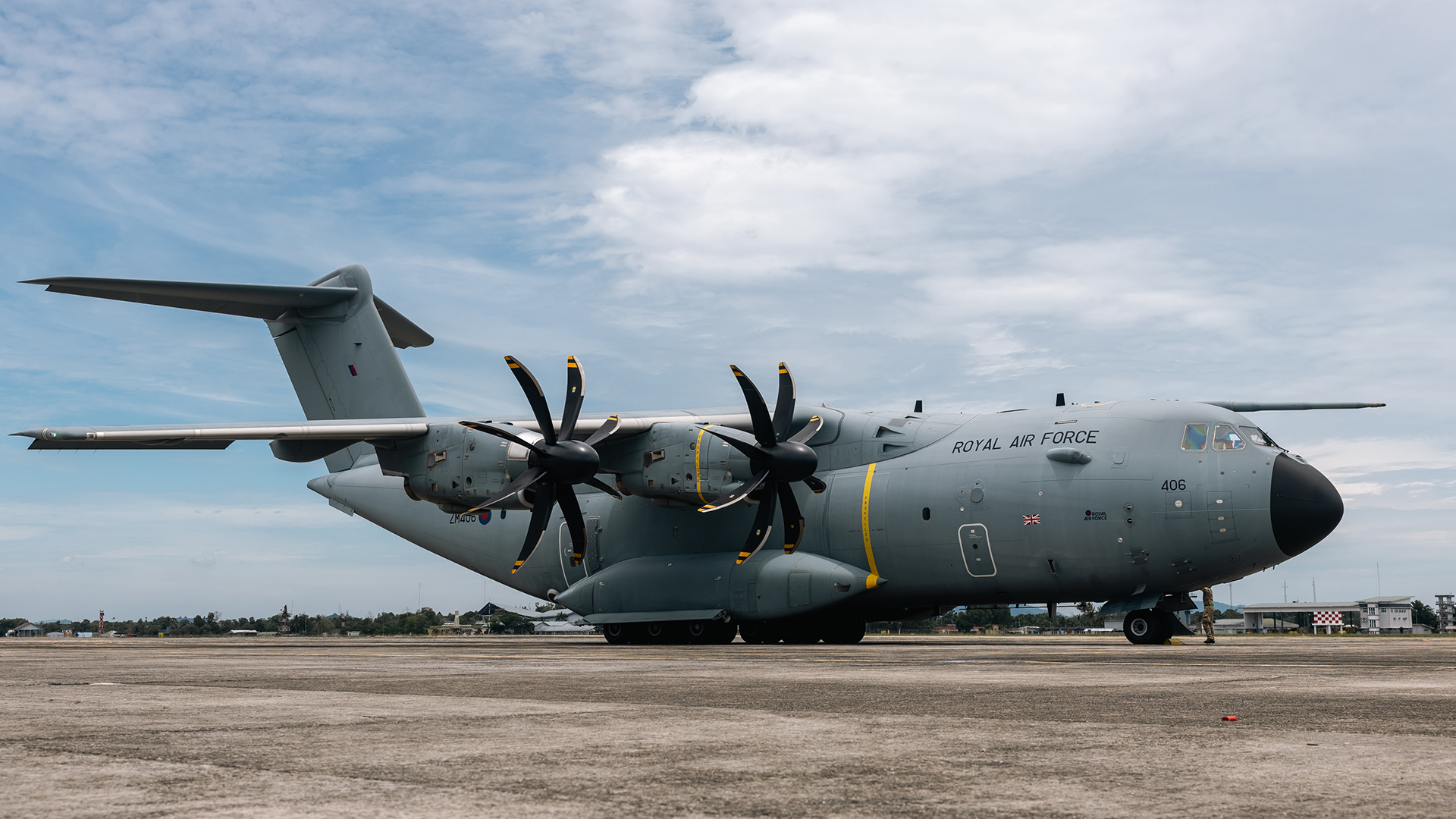
UK deepens ties in Indo-Pacific
Building on Exercise Bersama Shield 25, which took place in March, Bersama Lima 25 took place in Malaysia.
The RAF's Air Mobility Force, including A400M and Voyager aircraft, were hard at work supporting both land-based operations and the Carrier Strike Group.
They were operating not just with the F-35Bs from HMS Prince of Wales, but also with the F-35As from the Royal Australian Air Force, as well as the RAAF's C-27 Spartan transport aircraft.
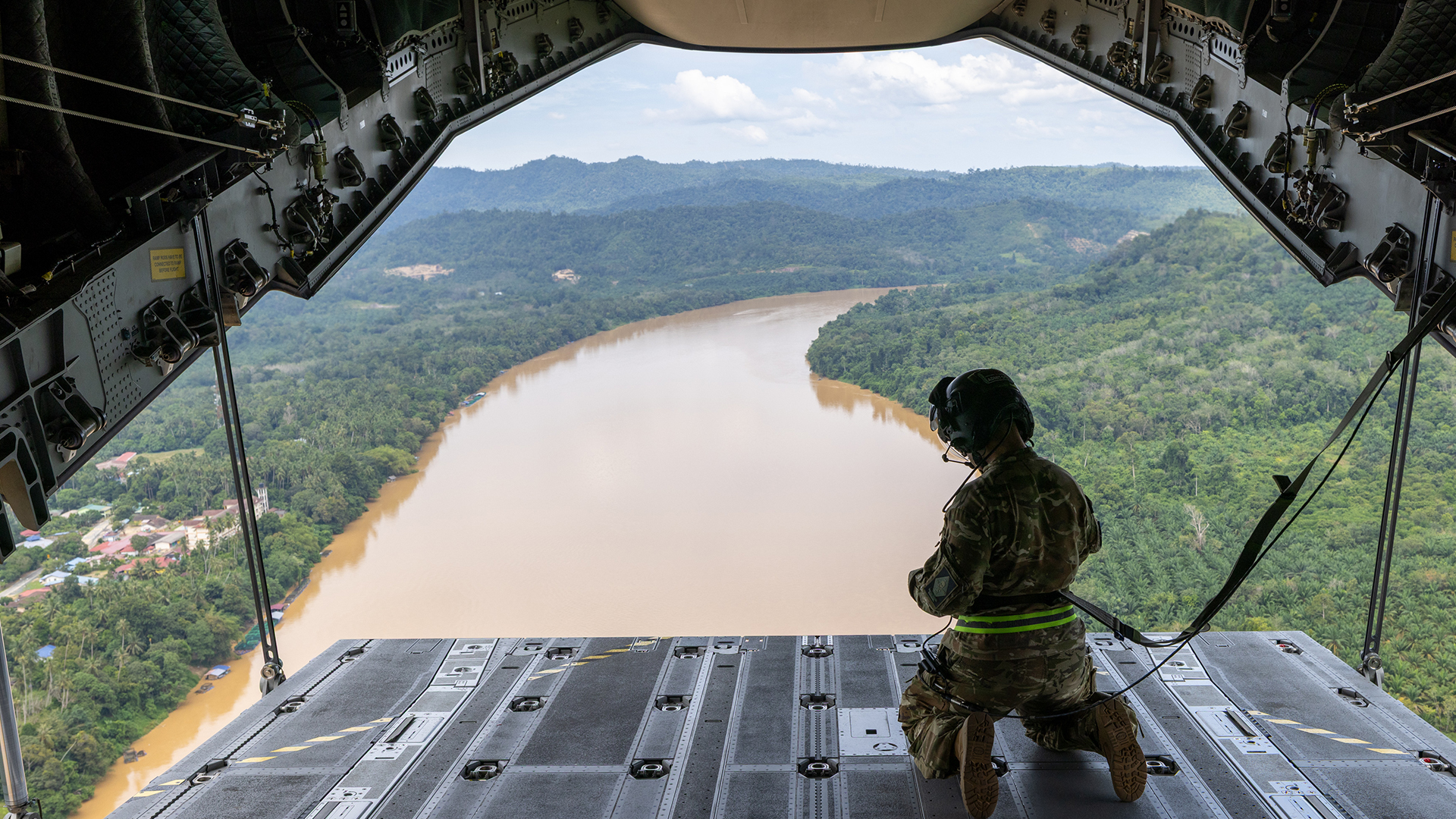
The Royal Malaysian Air Force has also been flying the A400 on Bersama Lima, as well as the C-130H Hercules.
In addition to military training, the exercise included sporting and cultural exchange activities aimed at building personal connections and enhancing cooperation among the five participating nations.
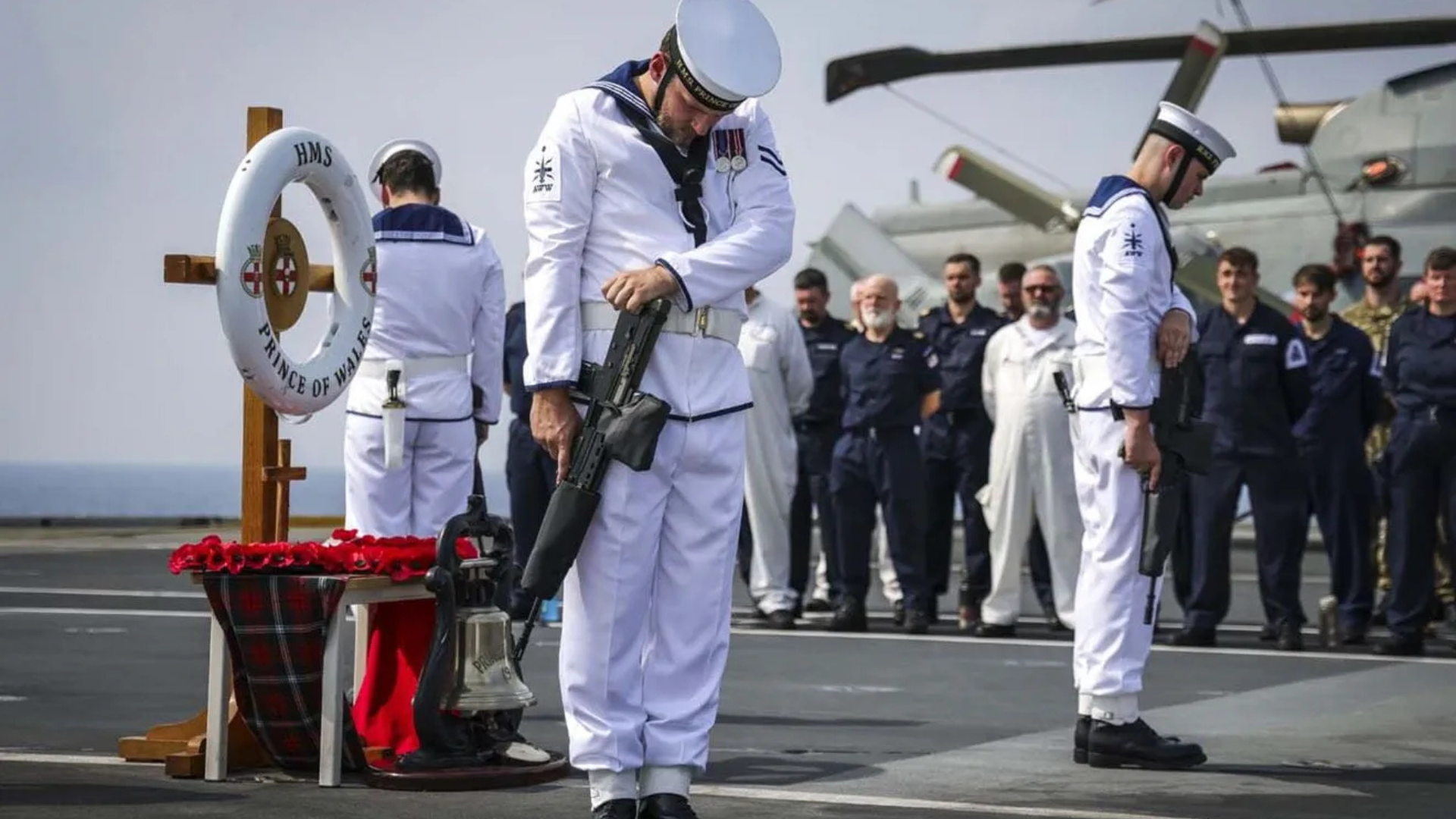
Honouring lives lost on namesake battleship
Amidst this operation, the strike group paused to pay tribute to those who paid the ultimate sacrifice.
Last month, sailors laid wreaths over the wrecks of battleship HMS Prince of Wales and the cruiser HMS Repulse, which both perished in the South China Sea on 10 December 1941.
In the autumn of 1941, the brand-new battleship HMS Prince of Wales and World War One-era battlecruiser Repulse formed Force Z and were sent to the Far East by Prime Minister Winston Churchill to deter Japanese aggression.
When Japanese forces invaded the Malay Peninsula, the capital ships were dispatched from Singapore to stop them.
On 10 December – just three days after the attack on Pearl Harbor – Force Z was intercepted by the Japanese.
Lacking air cover, the two ships were first sighted and subjected to a ferocious and sustained attack by Japanese bombers.
In a valiant, but unequal fight, the duo evaded more than 40 torpedoes, but were still hit by four apiece – enough to send them to the seabed.
HMS Repulse succumbed first, taking 512 souls with her, then Prince of Wales, losing 330 men, including the task force commander, Admiral Tom Phillips, and her captain, John Leach, the father of future First Sea Lord Admiral Sir Henry Leach.
Royal Navy divers recovered the bells from both wrecks 20 years ago amid growing fears of plunder by unscrupulous souvenir hunters and scrap metal merchants and returned them to the museum in Portsmouth for safekeeping.
The remembrance service marked the first time the CSG25 had honoured those who went before.
